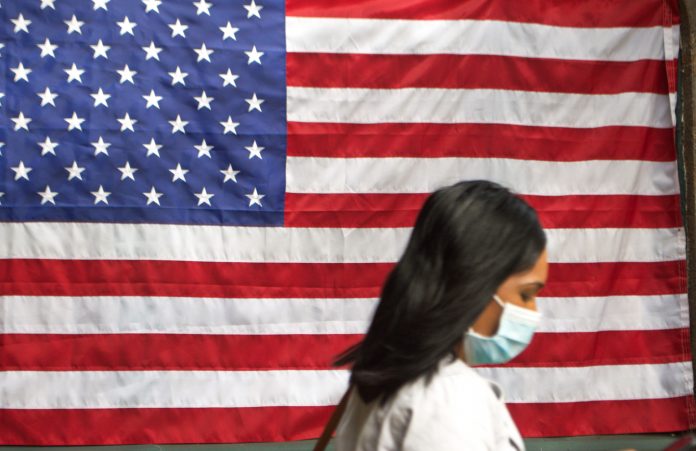A study by Yale University, published in JAMA Psychiatry, says that suicidal thoughts in veterans remained stable throughout the isolation of the pandemic
Throughout the pandemic, mental health emerged as a key issue for countless populations. In one study, researchers found that loneliness could change the structure of the human brain. On top of the possibility that isolation could impact a person so intrinsically, the pandemic presented several stressors that exacerbated issues for those with existing mental health problems.
People became trapped in violent home environments, or faced escalating suicidal ideation. Access to healthcare and services became significantly limited. Children who participated in remote schooling found themselves navigating a landscape of home life versus educational output.
“Violence, in and of itself, is very much the end result of social determinants of health, structural racism, and structural barriers in our country that have existed for a long time,” said Rochelle A Dicker, of the division of trauma and critical care, University of California at Los Angeles Geffen School of Medicine and not involved in this study.
Violence, when experienced in the course of a job, can also create trauma.
So, how did the pandemic impact veterans?
The research team, a mix of individuals from US Department of Veterans Affairs’ National Center for PTSD (NCPTSD), Yale School of Medicine, and the University of California, San Diego, looked at 3,078 US veterans.
In November of 2019 and then 2020, they were surveyed. At this point in time, the US pandemic was at its most devastating – with hospitals full to capacity, individuals dying at home and whole communities ravaged by the virus.
Surprisingly, suicide rates did not increase for veterans throughout this time period.
suicide rates did not increase for veterans
Robert Pietrzak, director of the NCPTSD’s Translational Psychiatric Epidemiology Laboratory, professor of psychiatry and public health at Yale, and senior author of the study, said: “Nearly a year into the pandemic, veterans as a whole showed great resilience in the face of the pandemic.”
The researchers found that pre-pandemic, 10.6% of US veterans reported having thoughts of suicide in 2019 – compared to 7.8% nearly a year into the pandemic — a 26% decline.
They also found that 0.3% of veterans actually attempted suicide during the COVID pandemic. This is half the amount of suicide attempts in 2019. Veterans are a huge risk population for suicidal thoughts and actions, so this finding was particularly intriguing.
However, those who caught COVID were more than twice as likely to contemplate suicide. In addition, 2.6% of those in the survey said that they developed thoughts of suicide mid-pandemic.
Why did suicide attempts decrease mid-pandemic?
The answer could be in increased social support.
Brandon Nichter, a clinical psychologist with the U.S. Department of Defense, visiting scholar at the University of California-San Diego, and lead author of the study, said: “Veterans who reported a decrease in suicidal thoughts may have been better able to solicit social support during the pandemic by using virtual technologies.”
With the whole US switching to digital forms of communication, support systems became far more accessible than they previously were. Some studies suggest that online therapy, especially CBT, can be as effective online as in person.
In one exploration of technology, the use of Virtual Reality Exposure Therapy (VRET) seemed to work well for the remote treatment of eating disorders.
The team further found a key risk factor for developing suicidal ideation was a perceived lack of social connection and emotional support during the pandemic – meaning that personal conversations with loved ones could have worked as effectively as psychiatric intervention.
“We found social support to be a key factor in supporting the well-being of individuals with previous suicide attempts,” said co-author Philip Baiden, an assistant professor at the University of Texas at Arlington, who was not involved in this study.
“Respondents who had someone to confide in were six times more likely to be in a state of complete mental health.”











